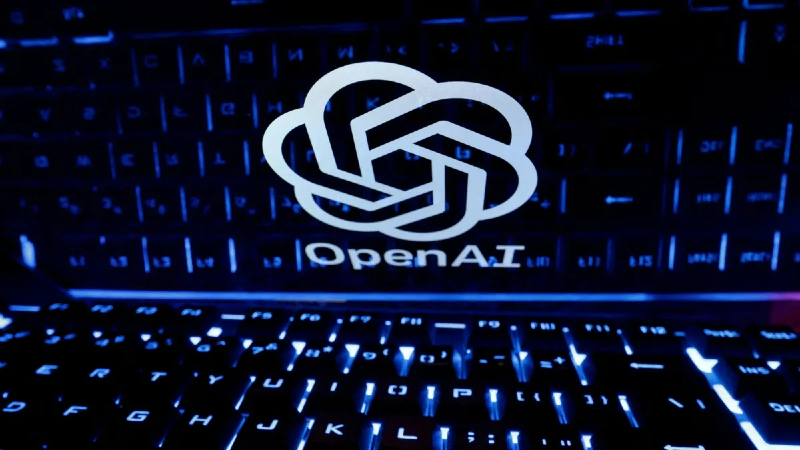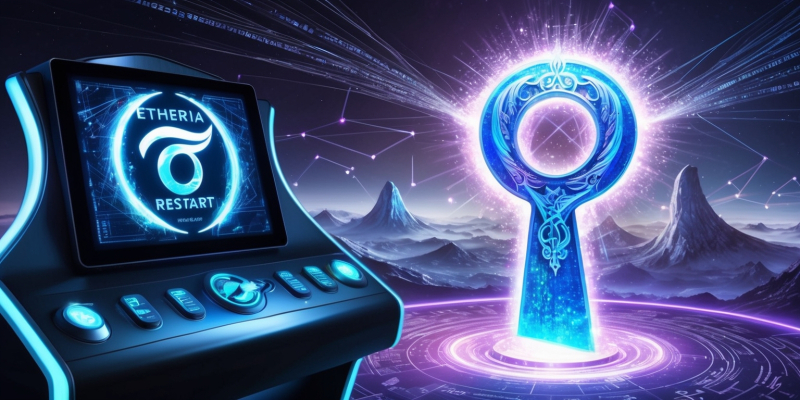OpenAI Temporarily Disables "Browse with Bing" Beta Tool in ChatGPT Plus

OpenAI recently announced the temporary suspension of the Browse with Bing beta tool from its ChatGPT Plus service. The unexpected move came as a response to customers exploiting the feature to bypass paywalls and access premium content freely. Subscribers are expressing their disappointment as they flock to OpenAI’s community forums to air grievances.
Browse with Bing, previously endowed ChatGPT Plus with the capacity to extract information from recent sources. This feature had initially been implemented to aid the AI model's ability to provide answers for time-oriented queries from users efficiently. However, it seems that its capabilities exceeded OpenAI's intended design.
The actual extent of this issue became apparent when users circumvented paywalls by specifically requesting a URL's full text. In such instances, the AI would comply and display otherwise locked content, including full articles hidden behind paywalls. This revelation about misuse led OpenAI towards a decision impacting its entire subscriber base.
In an effort to rectify this unintended functionality and uphold digital proprietaries' rights, OpenAI decided to suspend access temporarily. It affirmed its commitment to addressing this issue because it wishes "to do right by content owners". As such, it promised that the 'Browse with Bing' tool would re-emerge on its platform - although when exactly remains undisclosed at this point.
Understandably, OpenAI's decision might have angered many, but considering the barrage of lawsuits, it's facing, the company's defensive position seems fully warranted. High-profile lawsuits from entities and personalities alike are presently a major cause of concern for the firm.
Showcasing just one portion of its legal woes is a lawsuit by Clarkson Law Firm. The California-based entity alleges that OpenAI's ChatGPT violated copyrights and privacy norms on an immense scale during its training phase by using data scraped from across the internet. The disputed practice is contributing to building up considerable legal challenges for OpenAI.
Turning away from conglomerates to individual litigators, authors Paul Tremblay and Mona Awad have accused OpenAI of utilizing their literary works without proper attribution in training ChatGPT. They argue that their copyrights have been infringed upon by this technology in an illicit manner.
Further adding to OpenAI's growing list of litigants is radio host Mark Walters from Georgia. He has chosen to sue the AI developers for defamation following a highly controversial incident where ChatGPT wrongfully claimed that he had embezzled funds belonging to a non-profit organization.
In conclusion, as controversies mount surrounding OpenAI's generative AI training methods, it becomes increasingly clear why they had to adopt defensive measures such as disabling tools – even if these actions spark customer dissent. Amidst all this, ensuring ethical AI development remains synonymous with respecting copyrights and user privacy appears more essential than ever before in today’s tech-driven world.
Most Popular
-
![]() Top Apps
Unlocking New Horizons: Strategic Codes and Dynamic Gameplay in Etheria Restart
In a realm where adventure meets opportunity, enthusiasts find themselves immersed in an enticing un...
Read more
Top Apps
Unlocking New Horizons: Strategic Codes and Dynamic Gameplay in Etheria Restart
In a realm where adventure meets opportunity, enthusiasts find themselves immersed in an enticing un...
Read more
-
![]() News
Unlock Legendary Thrills: Free Download and Massive Series Savings
This is an opportunity that brings together excitement and savings for fans of an iconic looter shoo...
Read more
News
Unlock Legendary Thrills: Free Download and Massive Series Savings
This is an opportunity that brings together excitement and savings for fans of an iconic looter shoo...
Read more
-
![]() News
Del Toro’s New Spin on Frankenstein: A Journey of Emotion and Reflection
This update introduces a fresh take on a classic narrative, as Oscar Isaac shares some intriguing de...
Read more
News
Del Toro’s New Spin on Frankenstein: A Journey of Emotion and Reflection
This update introduces a fresh take on a classic narrative, as Oscar Isaac shares some intriguing de...
Read more


